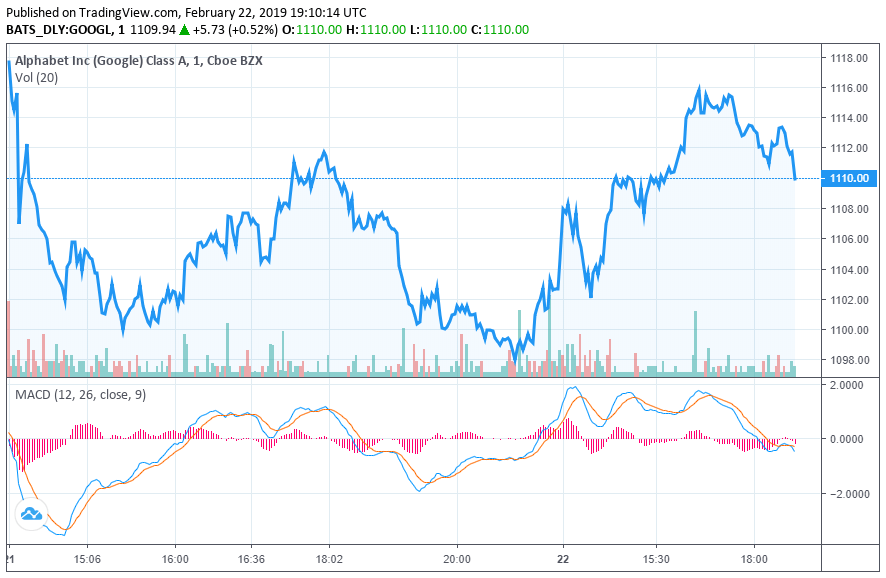Google’s ‘Surprise’ Nest Microphone Was a Flub – Not a Privacy Scandal

Google's Nest microphone "surprise" shouldn't be blown out of proportion. | Source: Nest
Google copped to making a mistake Thursday by not disclosing a microphone component present in its Nest Guard devices, an enhancement to the Nest Secure suite.
No Reports of Actual Consumers Bothered By Google’s Secret Nest Microphone
Google’s surprise microphone alarmed consumer privacy advocates, but no word yet from any major news sources reporting that actual Nest Guard users were unhappy about Google waiting to disclose the microphone until it had developed the software applications for it.
Instead, the media row over Google’s surprise microphone centers on the complaints of Washington-based political activists who say they speak for the consumer, but which consumers signed off on that?
One can see what a terrible idea it was not to more clearly disclose the presence of a microphone in Google’s Nest Guard devices in the product specs.
But is anyone seriously suggesting Google was trying to bug people’s houses?
Consumers Already Know About And Are Comfortable With Mics in Their Houses
How many people already knew they had Google hardware with microphones like Chromebooks and Pixels in their houses – not to mention the Google Home? Or Android phones or other devices with microphones that they have enabled Google to access?
And consumers don’t seem to mind at all that in every room now there are internet-connected mics and cameras. In fact, they like it that way.
They pay billions of dollars a year for the privilege.
EPIC Screams Bloody Murder, Investors Don’t Care

Investors weren’t too bothered, either. Google’s stock price took a brief hit then recovered after shareholders came to their senses.
On the other hand, the Electronic Privacy Information Center (EPIC) filed a rather dramatic FTC complaint Thursday, making the extraordinary recommendation that the FTC divest Google of its Nest products over the undisclosed microphone.
The Nest Microphone Was Intended to Be a Good Surprise

Google says it didn’t mean to keep the microphone in its Nest Guard devices a secret.
Given how much Google has done for its customers and partners, and how much Google obviously cares about its customers, it’s not hard to see how Google could have had its heart in the right place and made an oversight.
A spokesperson for the company told Business Insider that not disclosing the feature to customers in the tech specs was inadvertent:
“The on-device microphone was never intended to be a secret and should have been listed in the tech specs. That was an error on our part.”
The parent company of Nest Labs also sought to assure users that no one was listening to them through their Nest Guard devices without their knowledge:
”The microphone has never been on and is only activated when users specifically enable the option.”
Google says the microphone was included in Nest Guard for future software updates.
These would include new security features like the ability to detect the sound of broken glass via the microphone and sound the alarm.
Many vehicle security systems have come equipped for years with microphones that listen for the sounds of shattering glass to trigger the car alarm as well.
1984 is Here, But it’s Not as Scary as Orwell Predicted

Although there has been plenty of furor from political activists and consumer advocate groups, and many careful considerations made by companies like Alphabet about users’ privacy in the digital age, we have also grown quite accustomed to being constantly monitored by the internet’s thickening cloud of electronic sensory inputs.
As the Internet of Things manifests, people have been remarkably comfortable with a camera and microphone connected to the internet in every room.
It’s remarkable because in the academic and popular imagination of the 20th century, the looming possibility of such a panopticon was viewed with trepidation.
The literary works of brilliant social critics and philosophers depicted such a future as bleak, with emphatically dystopian possibilities. Among the most famous of these nightmare visions are George Orwell’s police state novel “1984” (1949), and Michel Foucault’s dismantling social critique of institutional control, “Discipline and Punish” (1975).
But instead of a dictatorial police state forcing us to have a camera and microphone in every room, we have engineers and entrepreneurs enticing us to put them in every room.
We have visionaries tinkering in their garages and writing computer software worth billions of dollars and letting the world use it for free. It’s important to keep that in perspective and remember that even people who work for Google aren’t always perfect.
Disclaimer: The views expressed in the article are solely those of the author and do not represent those of, nor should they be attributed to, CCN.com.
Featured Image from Nest